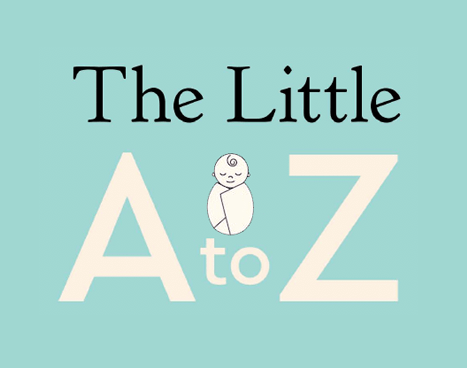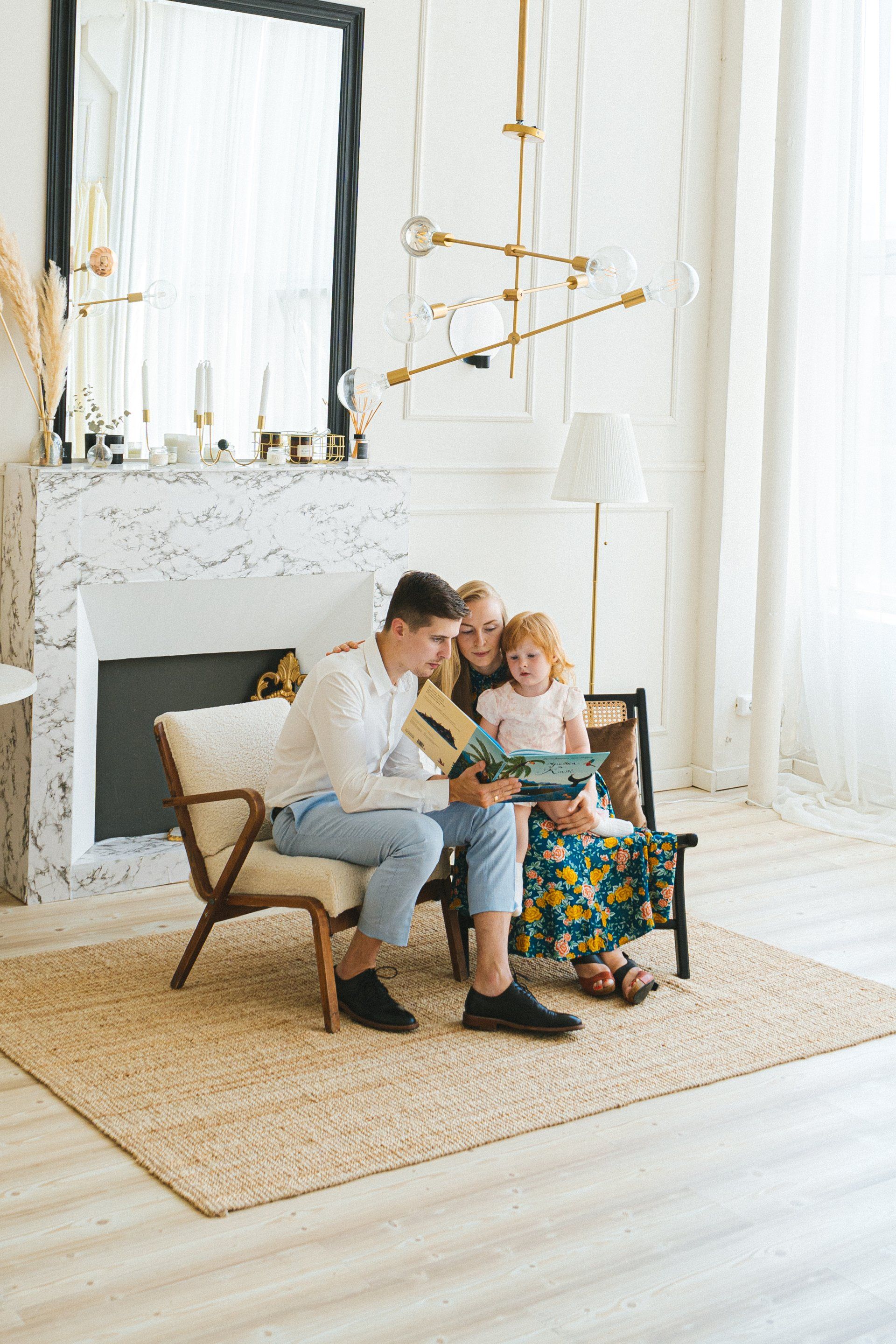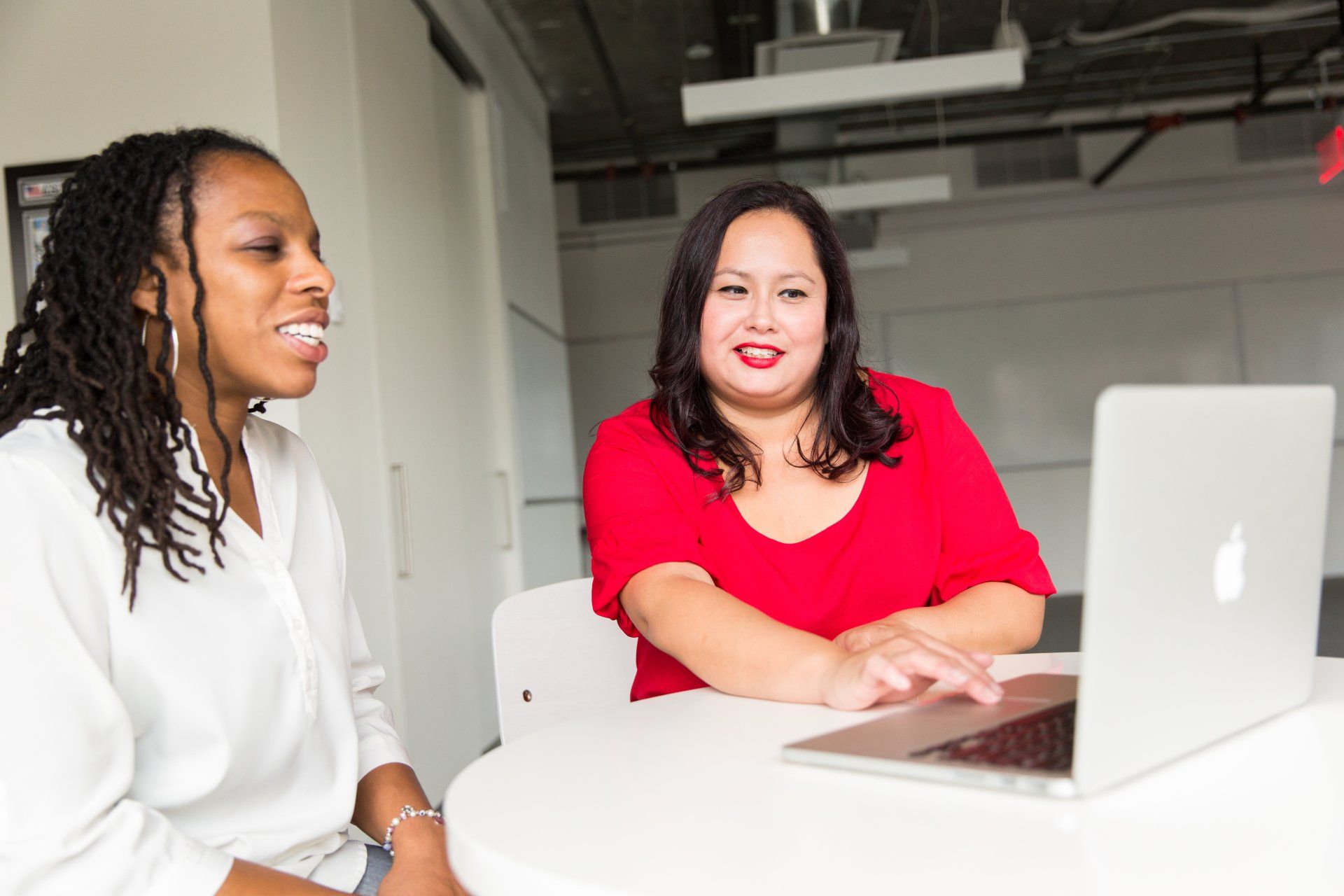Blog Layout
Hear Our Stories: Voices of Ordinary Parents Navigating Work, Life and Love
Rachel Perks • Jul 03, 2021
Meet Ms. Fiona Jager, my first guest

Fion, it was in this year, at the ripe age of 43 that you accepted a full-time position. Can you explain the circumstances that allowed this to be possible for you, and how, if at all, you have been having to adjust your habits to accommodate being a mom, a wife, and a full-time professional?
I’m a nurse and I’ve always worked except for my maternity leaves. However, due to frequent moves (my partner joined the military 12 years ago, soon after our first child was born), the nature of the type of nursing work I like (I prefer community and outreach work, which is often underfunded, and involved taking part-time and contract work) and wanting the flexibility to spend more time with my young children, I have never held a full-time permanent position until this year. I’ve been in school now and again, too, and so that has been another time commitment. This year, my youngest child is in grade one, my husband has switched from the full-time forces to the reserves, and I am almost finished my PhD. So all of those things make it easier. It is also more imperative, because for my husband to switch to the part-time, I needed to have a secure job with benefits (we likely have a few sets of braces in our future). So it has been a shift for our family, but it felt like the right time.
Through the process of working, going to school, and having young children, I have learned to manage my time better than I ever thought I could. I know you know me as a person who could barely get out of bed in the morning (weren’t those the days), but one of the reasons that I have been successful accommodating these various roles is that I have learned to be strategic and optimistic about time. I get up every day at five and spend an hour and a half working on something (currently getting my thesis ready for submission) before I walk the dog and get ready for work. When there is something missing in my life, or the balance isn’t right, I try to look at my day as a puzzle, and think where I could fit in maybe 15 or 20 minutes of the thing that I need—whether its one on one time with one of my kids, or time to read a book, or time to connect with friends—and I intentionally add it in. If it doesn’t “work”, I try a different time. If it doesn’t feel perfect or satisfying, I try to remain optimistic, and I think of it as holding a space for something that will get to have more time in the future.
Adding in a permanent position has in some ways been relaxing, because just prior to this I was teaching nursing courses, but a lot of the work (due to the pandemic) was from home. So now, I still get up early to do some of my own ‘work’ before ‘work’, but then afterwards I go to a quiet office…instead of spending the day juggling work obligations and family obligations. My husband, meanwhile has been lockdown ‘homeschooling’ our three kids.
I think that is important to mention because when there are children involved, one partner’s ability to focus in on their work is directly affected by the other partners availability to pick up the slack that may result in their home life.
Do you think it is easier to come into a full-time job once your kids are a little older? What might be the advantages and disadvantages?
What advice would you give to a parent who is seeking to do so?
It is my experience that life with children is always busy—even a day with no direction and no plans can be busy. So when you add in new things the busy-ness changes and shifts but it does’t necessarily multiply. In my work life, I have learned so many things about myself and about how to communicate better, and manage time, and value myself, and to stay calm: these skill have made me a better parent.
My parenting life has also taught me a lot of skills that I have brought to work. So the advantages and disadvantages are complex and personal no matter what age one’s children are. One advantage of working while your kids are young is having a place to go where you are allowed to use the bathroom or drink a cup of coffee in private, and also where you feel respected and valued in a different way. However, time with one’s kids is really really precious, and work will always be there. With three kids, I’ve been in the thick of it for 12 years, but even that is just a blip career-wise. What I mean by that is that not working FT during that period of time has not been a huge blow to my professional life. If anything, I think I’ve taken more risks and had more opportunities in my work than I would have if I had been in the same stable FT job for these 12 years. So I really think each individual parent/family needs to take stock of their own priorities and make the decisions that work for them. If I had to give advice to parents of children of any age it would be: take the risk. Risk having the kid, risk taking the job, risk leaving the job, risk trying something new. Problems will arise, but problems always arise. You don’t have to have them all figured out yet; you will be able to manage them as they come. Your career/life won’t fall apart because you aren’t contributing to your pension plan for a few years. And if you feel at your ‘max’ with your home-life but want/need to work, its possible that work will actually give you more not less ‘room to breathe’.
What do you think being an army wife taught you about prioritizing you? Ie: your passions (such as writing) and your professional interests?
Interesting question. Being a wife and mother in general has taught me a lot about this; being a military spouse has added in that there have been (sometimes long) stretches where I am parenting alone, and sometimes changes to our life that I have no control over (e.g. a sudden move). There have definitely been moments where I felt so consumed by the needs of my family that there wasn’t much left of me….like a dishcloth that comes out from one too many spins in the dryer so thin it disintegrates in your hand. A lot of that was due to my expectations of myself, and my own ideas of what I should be doing.
I slowly learned some of the strategies I’ve mentioned already. I learned that it was okay to just not do things. Whenever something seemed like a problem, I would think, “will this be solved by time, with no intervention from me?” That made 50% of my problems go away. I learned that I was a better parent when I got up in the morning early, by myself, and started making that a practice. I seized opportunities that allowed for personal growth, like going to a conference through work, or meeting with a my friend who was working on becoming a life-coach, or enrolling in a writing mentorship program. Not long after my third child was born, I felt like I needed a boost towards some life-fulfillment, and I applied to go back to school. Over the years, my kids and spouse have grown to expect and understand that I will spend time working on things alone, without them, that are not directly for them. This then makes it much easier to take up anything, including writing projects. This has been good for all of us.
I have learned that it takes work to create that ‘space’ for my interests, but that the work of this is worth it. I have learned not to blame myself or my family when it feels like I don’t have that space, as the conflict/resentment that can arise from that can become its own separate evil. Instead I try to treat it like a solvable problem that can be dealt with over time, and I try to bring the people I love into helping solve that problem, as opposed to seeing them as an impediment.
You are accomplished academically. What part of your present (or past) job could not have been learned in school?
Talking to people. Actually, I just taught a communications course to nursing students, so maybe some aspects of this can be taught. And I’ve done a lot of different types of psychotherapeutic training over the years, so I’m sure that has impacted my general communication skills. But I think that looking people in the eye, hearing what they have to say, understanding where they are coming from, and then communicating your problem, or your need, or your plan in a coherent, acceptable way is an essential skill that really needs on to be honed on-the-job. I have become much better at this over time. I used to be very timid, and only ever speak in half sentences (I wouldn’t say the second half because I would assume no one was listening). It feels worth mentioning here how much better it is to be old(er). For anyone dreading their 40’s, it really is such a better time in the lifecycle of a women in today’s world, then say one’s 20’s or 30’s.
How do you seek balance in your life?
I try to make conscious choices that are based in my values, not based in the expectations that I imagine other people have of me.
I have an undisciplined meditation practice. Maybe at some point it will become disciplined, but for right now I feel like it’s something that is there, that helps me manage moments in my day, or helps me to regain grounding in myself when I feel overwhelmed.
I do an embarrassingly lot of journalling, which is mostly gobbledygook, but does help me to sort out my thoughts.
I don’t worry too much if I drop something for a while, as I know by now that I’ll pick it up again soon enough. For example, if the house is messy this week, or I don’t write this week, or I miss time with friends this week, I trust myself that I will get those things back soon.
I actively resist feelings of guilt when I am pulled in more than one direction at a time. I think this is my most profound act of feminism.
I’m not involved in a lot of stuff outside of work, school, family, and key friends. Maybe one day I will be more civic minded, or volunteer with this and that. But not now.
I have friends who make great role models.
I have had various types of help over the years: parents who would take the kids for a week, wonderful childcare providers and teachers, a spouse who is supportive of my professional accomplishments, non-judgmental housecleaners. Help is important. Key. Sometimes balance comes from within but sometimes it comes from without (eg a change to the environment).
Describe your perfect day.
I have a lot of versions of a perfect day, so it's hard to nail it down. I’d likely spend some early morning time in a kayak alone, come back home to lots of snuggles with family, have delicious pastries or fancy eggs (or both). I never used to like napping but this is a skill I am cultivating, so it would include some reading of a novel and an afternoon nap. Maybe a smidge of work, like putting the final touches on a long term project and feeling really good about it. An evening BBQ with friends with lots of talking and laughter, where all the kids play together, running around into the evening, getting into benign, delightful mischief. That delicious moment of getting into bed at night satisfied and tired, and sinking in to sleep.
What is the one thing you cannot do without in your daily life.
I have to admit being pretty attached to my morning cup of coffee. It’s a holy ritual.
Share
Tweet
Share
Mail









